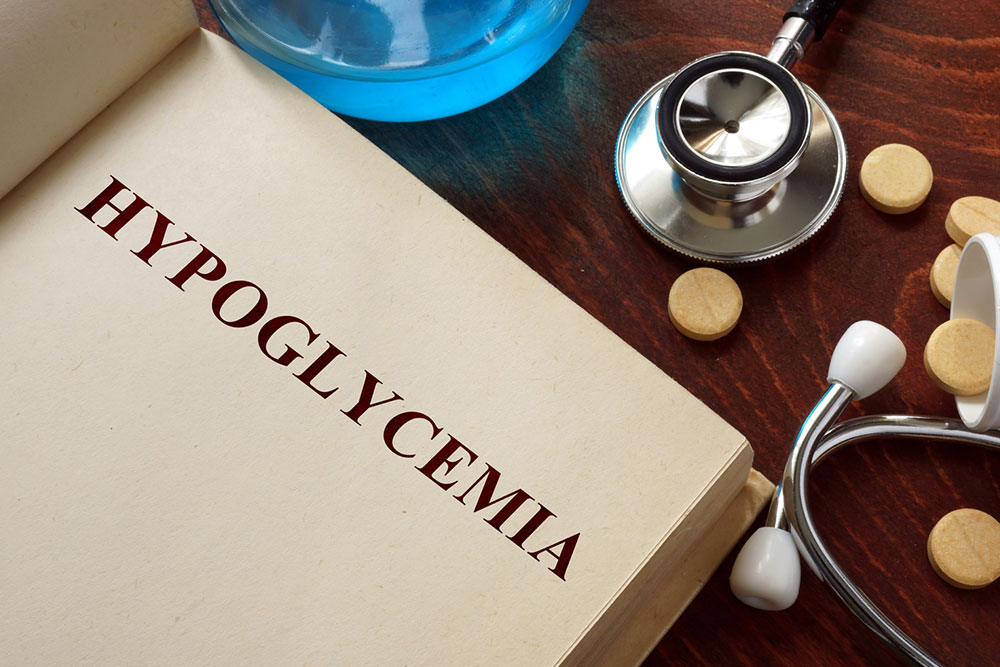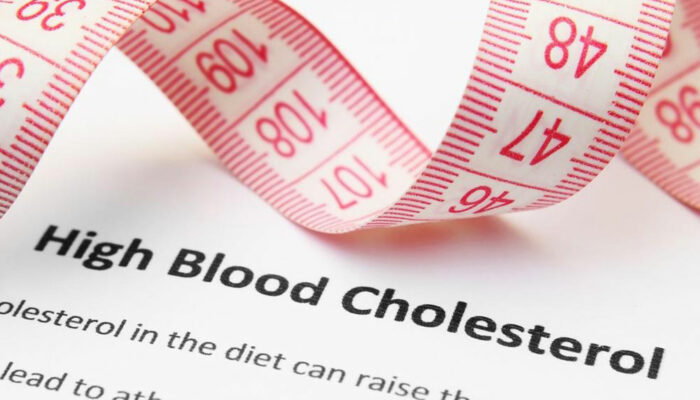
Common symptoms and causes of hypoglycemia
Hypoglycemia is a condition which occurs when your blood glucose level drops quite drastically. It can occur if you have not had any food for the last several hours which can cause your blood glucose levels to plummet. It can also be caused by diabetes as well as several other conditions. When the patient’s blood glucose drops to a really low level, his body soon begins to display the following symptoms such as shakiness, fast heartbeat, unconsciousness, tingling around the extremities, muscle spasms, sweating, headache and more. Hunger, irritability, and anxiety are some other common signs.
Some more symptoms you might notice
Hypoglycemia can lead to nightmares, excessive perspiration and tiredness at night. Severe symptoms might include convulsions, confusion, blurry vision, clumsiness, slurred speech, and even death.
It is pertinent that you take a closer look at some of the main causes of hypoglycemia.
Causes of hypoglycemia
- Blood sugar regulation
When you consume food, your body’s digestive juices break down the food into sugars such as glucose which is required to provide your body with the energy it requires to function. But glucose on its own cannot enter the cells directly and your pancreas immediately releases Insulin. It is this insulin which enables your glucose to interact with the cells, wherein it gets absorbed and the extra glucose levels are safely stored in the cells. But when you have not consumed any food or water or had any nourishment in the last several hours, your body automatically releases this extra glucose back to your body so that it keeps functioning. When you still do not take in the required nourishment, your body starts to shut down certain functions so as to streamline the remaining resources for critical areas of your body. This results in hypoglycemia and the various physical symptoms as listed above. - Diabetic
If you are a diabetic, then chances are that your liver cannot produce enough insulin to help your body absorb the required glucose. As a result, your glucose levels may drop and this will result in hypoglycemia until you take adequate care and treatment for the same. - Alcoholism
Frequent or binge drinking will take a toll on your liver and may well affect the way it metabolizes glucose and may even impair one of its key functions, the ability to produce insulin. Even though this may be temporary, it can nevertheless impact the way that glucose is absorbed in your body. This can lead to hypoglycemia and frequent binge drinking may well result in permanent changes to your health as well as your body. - Critical illnesses
There are various illnesses that can directly impact your liver and the way it functions. That’s why your doctor may do a complete medical test as well as the blood test to rule out other underlying health conditions which may well cause your glucose level to drop because of your liver. Once you have been accurately diagnosed, your physician may recommend a course of treatment for your current condition and ensure that it is treated effectively.
These are some of the underlying causes that can cause your glucose level to drop down to low levels. Hypoglycemia is a serious problem, one that is often not detected in time. It is vital that you seek out immediate medical attention if you notice the symptoms listed above.



